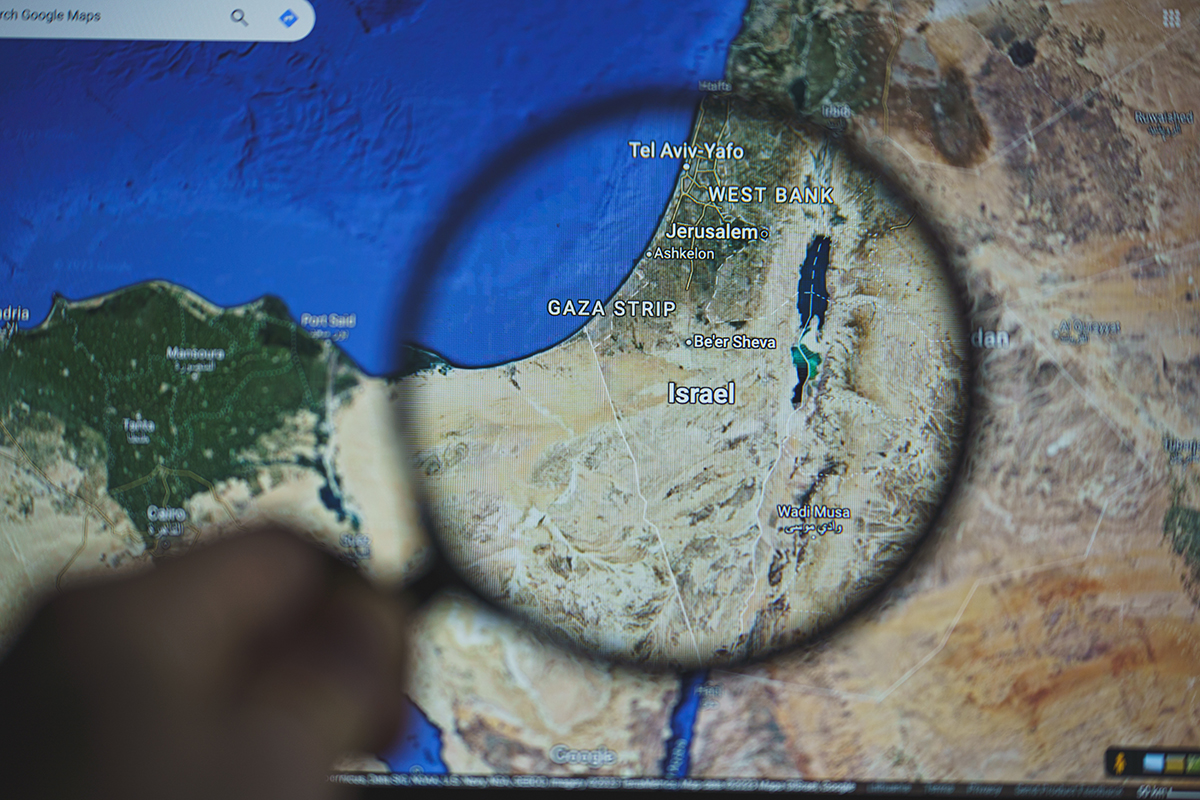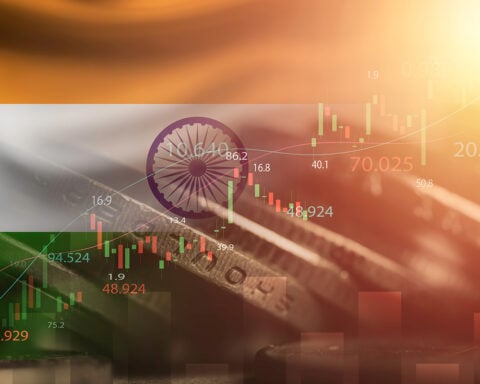The latest war between Israel and Hamas has heightened concerns about its possible ramifications on regional power dynamics, global peace, and the world economy. This adds further complexity to an already troubled world grappling with the effects of the Covid-19 pandemic, post-Covid inflation, and the ongoing Russia-Ukraine war.
Understanding Hamas’ Strategy and Regional Consequences
On October 7, Hamas initiated an offensive against Israel with the aim of undermining its global image and derailing peace initiatives in the region.
This appears to be part of a larger strategy that involves exploiting the people of Gaza for a broader cause. The repercussions of this situation extend beyond the loss of human lives, potentially impacting the regional balance of power and even global peace.
Economic Aftermath
According to a “special focus” chapter in the World Bank’s latest Commodity Markets Outlook, the number of individuals facing severe food insecurity increased by over 200 million from 2019 to 2021.
The situation is likely to have deteriorated further due to the effects of the Russia-Ukraine war on food prices and escalating energy costs. Another increase in energy prices would only worsen the crisis. The full economic consequences of the war depend on its scope and impact on energy markets.
Risk of Escalation
History teaches us that small-scale conflicts can evolve into larger ones with widespread implications. A classic example is how a conflict between Austria and Serbia escalated into the First World War, drawing in major powers.
In the present context, Israel could be viewed as a representative of the U.S., while Hamas and Hezbollah could be perceived as proxies for Iran, which may in turn be a representative for Russia or even China. This could potentially set off a chain of events leading to a conflict involving superpowers in the Gulf, further compounded by public outrage over the failure to support Gaza.
A Proactive Approach
While the final economic impact of the war remains uncertain, it is imperative for policymakers in the region and globally to actively work to prevent further escalation of the conflict. The well-being of billions of individuals who desire to live their lives peacefully is at stake.
As the world remains reliant on fossil fuels, a conflict in a key oil-producing region could have severe repercussions for global production and prices, particularly in relation to food. As the situation unfolds, the world’s attention is fixed on Israel and its subsequent actions in addressing Hamas and the broader Palestinian issue.







